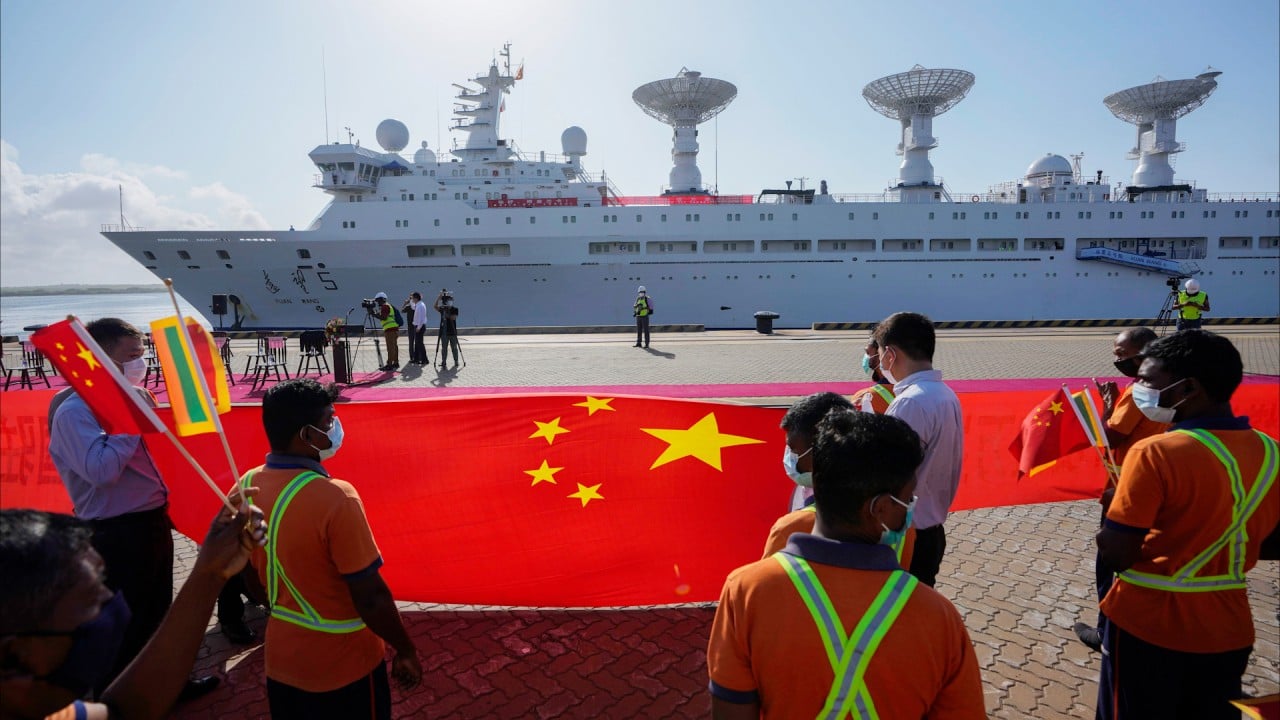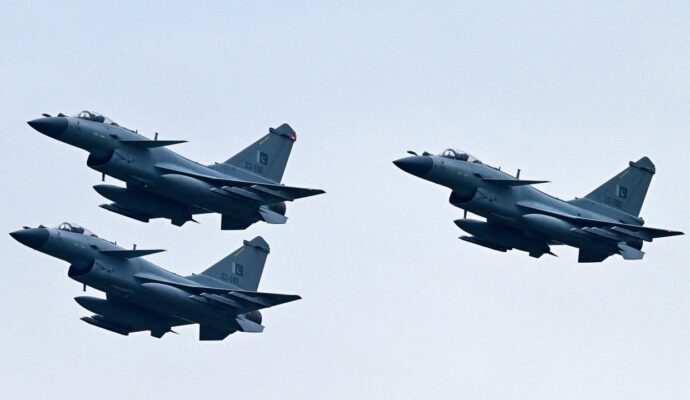Advertisement
Beijing has expanded its diplomatic efforts to touch upon some of the region’s thorniest issues, such as the Yemen crisis and the Israeli-Palestinian conflict.
Syrian leader expected to seek China’s support in rebuilding economy: analysts
Syrian leader expected to seek China’s support in rebuilding economy: analysts
This is Assad’s first visit to Beijing since the Syria’s civil war started in 2011. China is the third non-Arab country that Assad has visited, following Russia and Iran, both allies of the Syrian leader. Beijing has backed Damascus in the conflict but denied direct military involvement.
During his visit to Hangzhou, Assad said Syria would be a “long-standing and steadfast friend and partner” to China. He added that the country “firmly opposed any interference in China’s internal affairs”.
Zeno Leoni, a lecturer at the Lau China Institute at King’s College London, said Beijing aimed for deeper engagement with Damascus to expand its influence as Washington stepped back from the Assad government.
Advertisement
“China’s involvement is not as strong as that of Russia, but the US involvement has declined nonetheless,” Leoni said.
Xi also told Assad that China would import more agricultural products from Syria and provide economic support through the Belt and Road Initiative, Beijing’s global infrastructure strategy, which Syria joined last year.
Advertisement
Building infrastructure links to Syria could help Beijing significantly strengthen its presence in the eastern Mediterranean.
“Having a close partner in the Mediterranean, where China’s trade travels through, would be reassuring from a strategic viewpoint,” Leoni said.
Bassam Abu Abdallah, head of the Centre for Strategic Studies at Damascus University, added that closer relations between Beijing and Moscow offered Syria an opportunity to engage further with China.
Advertisement
He noted that Chinese top diplomat Wang Yi was in Moscow before Assad’s visit to China, which he said was a sign of “strategic change” in ties between Beijing and Damascus.
Leoni added that the Arab League had recently eased its pressure on Assad’s government, giving Damascus new impetus to end its decade of isolation.
Syria returned to the Arab League in May at a summit in Saudi Arabia. The league suspended Syria’s membership in 2011 after Damascus failed to execute a peace plan.
Mandarin learning boom as China extends its soft power in Middle East
Mandarin learning boom as China extends its soft power in Middle East
According to observers, Syria is eager to boost economic ties amid sanctions from the West as a growing crisis could trigger another wave of social unrest.
Advertisement
The country’s GDP shrank dramatically to only US$11.16 billion in 2020 – just 4.4 per cent of its GDP in 2010, the year before the civil war started, according to the World Bank. The Syrian pound hit a record low against the US dollar this year.
The worsening economic crisis, which Damascus mainly blames on US-led sanctions, has led to persistent protests, mainly in the government-held province of Sweida.
Wang Jin, an associate professor at the Institute of Middle East Studies at China’s Northwest University, said economic pressure was a key factor behind Syria’s engagement with China.
“Assad’s more immediate concern is the economic issue,” he said, noting that in July and August, Syria’s economic data worsened and the rate of currency devaluation accelerated.
“So it needs to be able to get further [with Beijing] to get China’s support and help, especially investment and financial support.”
However, China has kept its stance towards the Syria crisis low profile, unlike Russia and Iran, which have sent direct military aid to help Assad regain control of much of the country.
Abu Abdallah said China was not looking for direct involvement in the crisis as Beijing was focused on cooperation with Syria under the Belt and Road Initiative.
Advertisement


